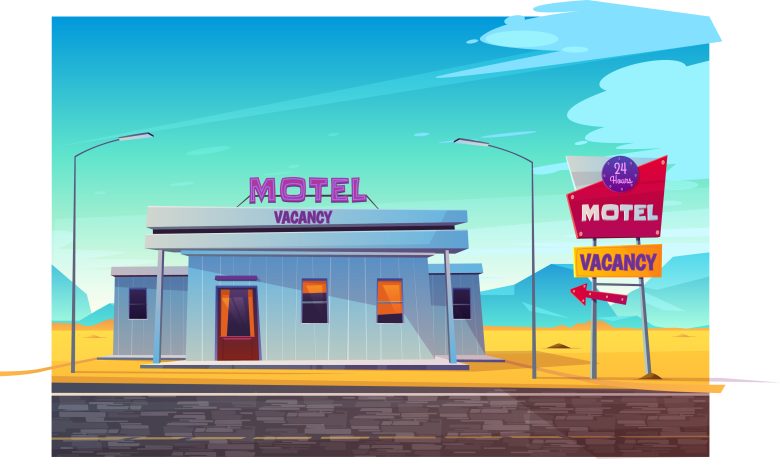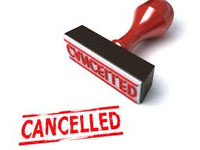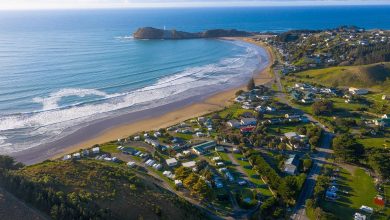
The basics of Reservation Management for new moteliers & accom operators
Op-Ed: First in a series of articles to help new & inexperienced operators find their feet, Emily Stephens unveils the basics of Reservation Management
There is invaluable insight to be found in exploring guest data and delving into ways to enhance the guest experience as well as refining marketing strategies based on current trends.
However, amid this complexity, it’s equally crucial to ensure the basic aspects of accommodation management are firmly in place. This includes clean guest rooms, a well-maintained property, and strong reservation management.
Nailing the basics of accommodation management is like mastering the shallow end of the pool before taking a splash into the deep end!
Managing reservations sounds simple enough. People book a room, arrive, and go home. But just like in baseball curveballs can be thrown at any time. With upgrades, overbookings, no-shows, cancellations and extended stays it can become a challenging task very quickly, especially during peak season. There is also the dreaded situation of a guest showing up with a reservation that isn’t in your system when you’re fully booked.
The new summer print edition of AccomNews is available now. Read it HERE
In the realm of reservation management, various aspects come into play, and achieving proficiency in these areas can increase profitability and occupancy while minimising disruptions for both staff and guests. Reviewing terms and conditions along with the cancellation policy every year will help with reservation management.

Understanding the property and the effect of changing travel trends and guest habits, obtained from working in the business and outside data, will help in deciding on any changes that should be made. This may incorporate a little testing and trial and error, however, once the right balance is established, it can have a positive influence on the business. As with any changes, effective and clear communication is imperative to avoid unnecessary stress and misunderstanding.
Regularly checking reservations and upcoming bookings is key to optimising availability and ensuring the property operates at its peak.
Being mindful of guest needs and special requests also contributes to maintaining seamless operations for both guests and staff. Providing guests with the option of an upgrade either complementary or for a small fee, adds a valuable dimension to the service provided. The upgrade can be suggested in communication before arrival or on check-in, creating a positive first impression.
Offering a complimentary upgrade to a guest can also be a way to fix another reservation issue. In these situations, it is important to understand the customer’s needs. Offering an upgrade to a room type that will not work for the guest for any particular reason ie., accessibility, can backfire when the situation is already difficult. Upgrades are fantastic opportunities for both guests and property.
 Cancellation policies do affect whether a reservation is made no matter how competitive the price is. If the cancellation policy is too harsh the guest will look elsewhere. If the property is in a location where planning is required to travel and there is little chance of last-minute bookings a longer cancellation period would be suitable to allow the room to be resold in the event of a cancellation.
Cancellation policies do affect whether a reservation is made no matter how competitive the price is. If the cancellation policy is too harsh the guest will look elsewhere. If the property is in a location where planning is required to travel and there is little chance of last-minute bookings a longer cancellation period would be suitable to allow the room to be resold in the event of a cancellation.
Alternatively, where the chance of reselling the room and lead time to reservations is short, a shorter cancellation period would suffice. Should the guest not arrive to make use of the booking without cancelling the reservation, the no-show policy would take effect.
Accommodation is a perishable product. Once the time has passed the room night can not be resold so it is important to have a strong no-show policy that covers the cost of at least one of the nights the reservation was made for. The deposit policy needs to be a balance of ensuring the guest is making the commitment to stay at the property, covering any expenses should they not arrive, yet not too high to discourage a booking.

A little tip is to have the deposit cost the same as a cancellation and no-show charge. If the deposit is the cost of the first night, that should be the cancellation charge if the guest cancels within the cancellation period or does not arrive. It can be difficult to ask for additional funds if the guest cancels at the last minute or does not arrive.
As with cancellation policies, deposit policies can change depending on the time of year and demand of the property.
Overbooking generally occurs when an error is made or the internet has fallen short of its wonderful
skills; ie., two reservations made at exactly the same time for the same room. For properties with a high cancellation rate overbooking can work, for others it can be their worst nightmare. Should the property have more reservations than the available number of rooms it is up to the property to find alternative accommodation.
 Managing the situation is about balancing out the best option for all involved and finding the right accommodation. Moving guests can be challenging and puts a bad taste in everyone’s mouth so it’s important to weigh up the pros and cons to see if operating at 110 percent or overbooking is beneficial for the property and what procedures can be put in place to avoid or incorporate the strategy.
Managing the situation is about balancing out the best option for all involved and finding the right accommodation. Moving guests can be challenging and puts a bad taste in everyone’s mouth so it’s important to weigh up the pros and cons to see if operating at 110 percent or overbooking is beneficial for the property and what procedures can be put in place to avoid or incorporate the strategy.
Strange as it may seem, knowing the competitor properties and the managers/owners is good for business, especially in regional areas. Taking away competitiveness and working together will benefit everyone. Referrals to and from will build the relationship and when the time comes working together as a team will have its rewards.

Another example is when a major maintenance issue occurs, the competitor properties are going to be the people who come to the rescue with accommodation for guests and possibly supplies or assistance in the hour of need. There is no need to be over-competitive when everyone has the same goal.
Property Management Systems are software that replaced wall charts and diaries in the accommodation industry to manage reservations. The needs of the property will dictate the needs of the management system. Simple is best for smaller properties, however, more data and capabilities can allow the property to grow and expand in all directions.
At the end of the day, reservations are made by people who have been attracted to the property with the information provided and want to stay.
Handling the logistics of reservations can be easy or it can be challenging. It is up to the staff, managers and owners of the property to ensure the guests’ stay is enjoyable and comfortable, with clear communication, policies and procedures no matter the issues behind the scenes.
Emily Stephens, Founder and Managing Director of The Accommodation Project, has been working in accommodation operations for over 20 years. Starting as a receptionist, she has worked her way through the ranks in different types of accommodation both overseas and in Australia to now operate an apartment hotel with her husband in a beautiful coastal town in Victoria. Combining her passion for the industry and wanting to help and support fellow operators, The Accommodation Project was created. Building on the confidence and proficiency of newcomers so that all properties find their place in an ever changing and exciting sector.






